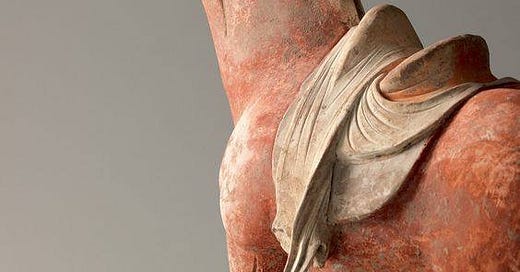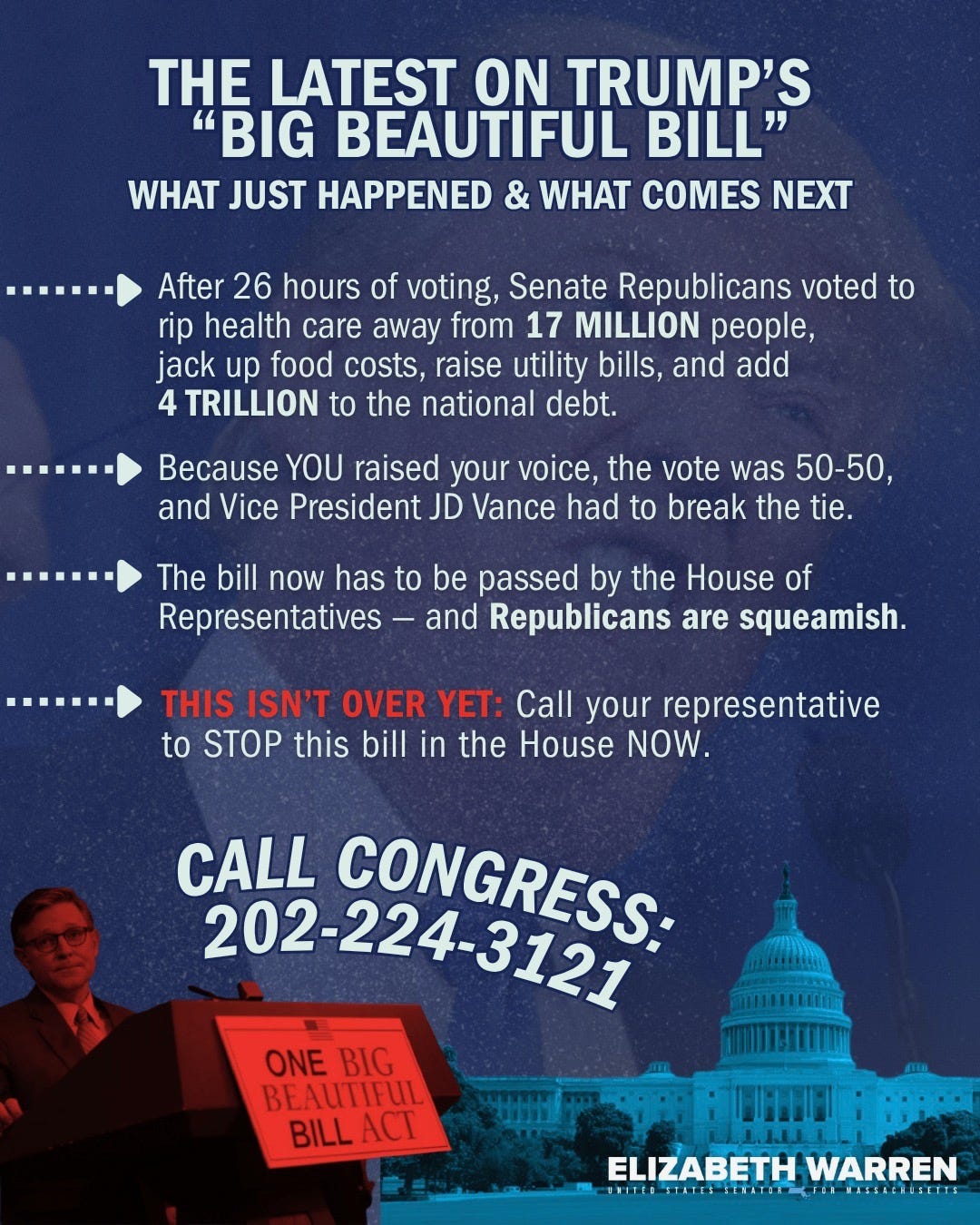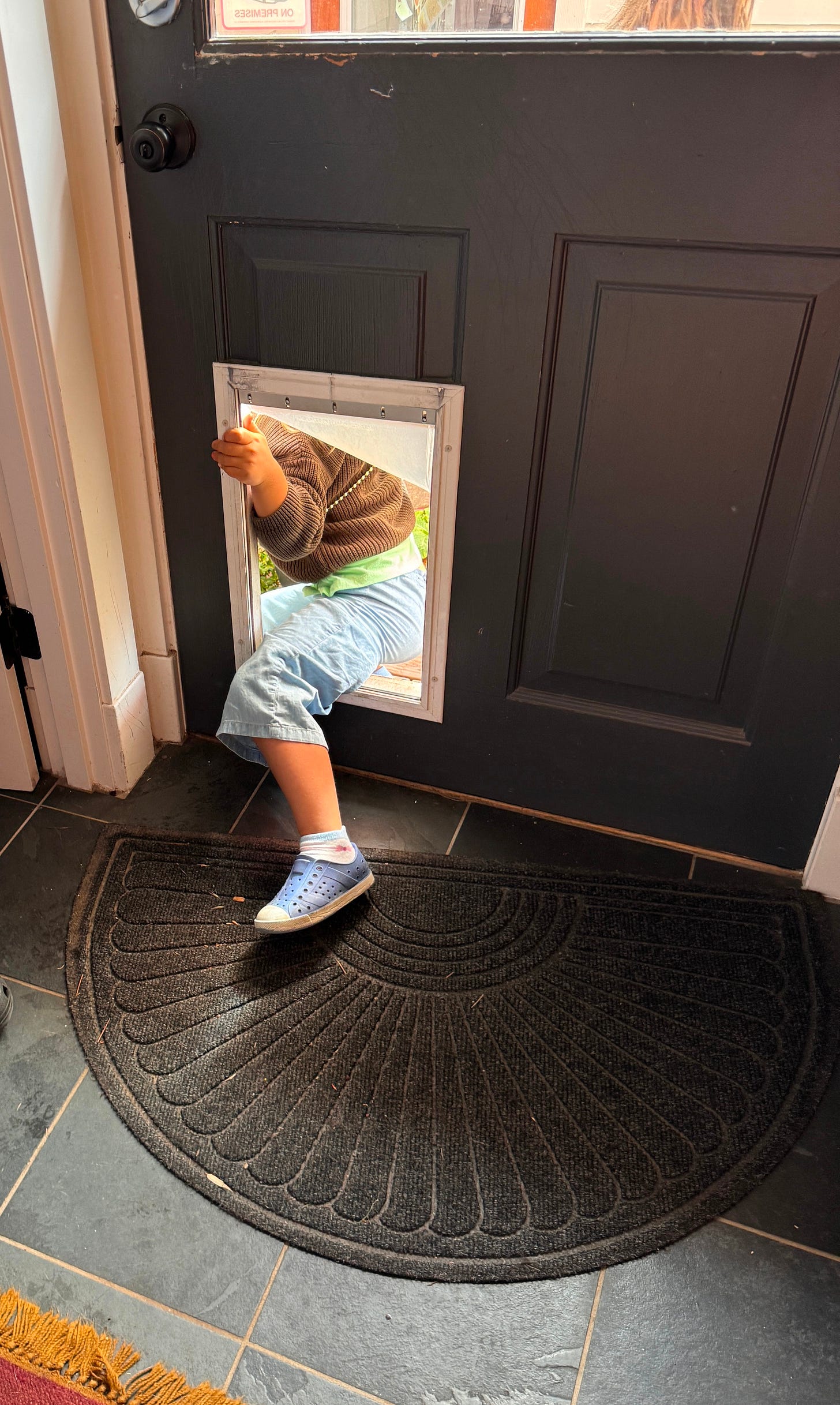Maybe this is a good time to step back. Take a breath. Wash a window. Go for a walk. Get a tattoo. Or not. Put away the groceries. Fold worn-out t-shirts and make a decision: keep or make rags. Inhale the scent of a rose. Humans have been here before.
In Haiti, for example, “[In 1791] Haitians transformed the Age of Revolutions,” writes Orlando Reade, the then-French colony keenly observed the results of the French Revolution. “Long ignored by Western historians,” Reade continues, “enslaved people [demonstrated that they] were capable of liberty no less than European citizens… Many Europeans were horrified to see their speeches about liberty being taken so literally by the slaves.”
Then there was Central Europe’s Thirty Years’ War from 1618 to 1648. Battles. Famine. Disease for thirty years. Thirty years! What misery. What waste.
And happening now? Sudan. Ukraine. Gaza. Wars launched by leaders for absolute control over their citizens or the citizens of another country. All citizens long for their right to their inalienable human rights.
On this continent that is our home, the so-called “New” World, indigenous peoples across this North American continent, and Africans kidnapped there and brought here over 400 years ago, continue to be denied full, unimpeded equality under the law. Full stop.
I am writing to suggest that if we stand back, see the bigger picture of grave human struggles in the context of our despair and fury, the breath we take may deliver a useful idea to stop this madness. An idea that may successfully create a means to pivot from this mess. People before us have done so. We will too. Inevitably.
I remember the thrill I felt when I read The Dawn of Everything, A New Human History by David Graeber and David Wengrow. It was here that I came upon the understanding that humans are not born essentially selfish. This was the claim made by Thomas Hobbes who wrote a founding text of modern political theory. You’ve heard it before: life is solitary, poor, nasty, brutish, and short, and so it follows that humans are, well, selfish; humans are destined to endless wars.
But no! In The Dawn of Everything, we learn that early humans were not merely small bands of hunters and gatherers, as they have been dismissed by scholars. New archaeological discoveries reveal civilizations. On every continent, pretty much at the same time, egalitarian, non-hierarchical societies were created. Not all societies, of course. Some did the same as humans do in modern history: leaders deciding to throw the baby out with the bath water so they can control by force. As our leaders have decided to do today.
The far human past left evidence that societies chose freedom. They chose not to deify kings. They chose to play, to make art, and to build massive complexes for apartment living where everyone had a beautiful view. Thousands lived together for thousands of years.
One feature I admire in early societies is their structural design for civil life. It went something like this. For six months, say, some folks were chosen to be the police. The following six months, those who were the police exchanged that job with the folks whom they formerly policed. In other words, the guardrails for civic welfare were to take turns. This ensured fairness. It goes without saying, these folks were not masked and unidentifiable. It’s also clear that Do unto others as one would do unto yourself is an effective principle.
A similar strategy to ensure fairness took place in Florence during the 1450s. Ada Palmer, author of Inventing the Renaissance, has written an astonishing account of how the men who controlled the levers of power in Florence protected their power. The chief of police, for example, had to be from out of town because “it was believed,” writes Palmer, “that a foreigner was more trusted to enforce the law neutrally since he wasn’t connected to any local family or faction.” Term limits and the rule that the podestà had to move out of town after his term, prevented building alliances that could be turned into a coup.
I like to think about how that would work in 2025 Washington, D.C. The frenzy of those in power over Zohran Mamdani’s winning the NYC mayoral primary is one hilarious bit of evidence of what some folks would do if they were prevented from building alliances that enable dominance over, say, constituents. Mamdani’s $9 million outdid Cuomo’s $35.6 million super PAC. His powerful initiative to think outside the box is the wow here.
One dominant feature of power is the appetite of those who’ve got it. They gorge. I imagine a corpulent six-hundred-pound human who just cannot put that bag of chips down. Or will not stop corralling and entrapping humans to dig for gold that he himself pockets.
ICE, the BBB just passed by the Senate, and the 2025 Project is a mediocre experiment to see how much human life can be degraded and exploited.
What the Trump government folks and their one-percenters need is a tubal ligation.
We are just the folks, sooner or later, to figure out how to provide them with one.
A lot of hands are already on board.
The puzzles of illness, communication and living on planet Earth show in these illuminating examples what liberty and freedom has made possible.




It is a foundational principle rooted in the Declaration of Independence that gives us the right to abolish the government. The Trump government is destructive of the people's rights, and we have the right to alter or abolish it and institute a new one.
The fact is, this land is your land, and this land is my land / From California to the New York island. I like the way Sharon Jones and the Dap Kings sing it.
Notes
Stephen Ellcock, master curator! IG: @stephenellcock FB: /stephen.ellcock
Orlando Reade, What in Me Is Dark: The Revolutionary Afterlife of Paradise Lost, Jonathan Cape, 2024
David Graeber and David Wengrow, The Dawn of Everything: A New History of Humanity, Farrar, Straus and Giroux, 2021.
Ada Palmer, Inventing the Renaissance: Myths of a Golden Age, Head of Zeus, Ltd., 2025.
Sharon Jones & The Dap-Kings - This Land is your Land (live)








